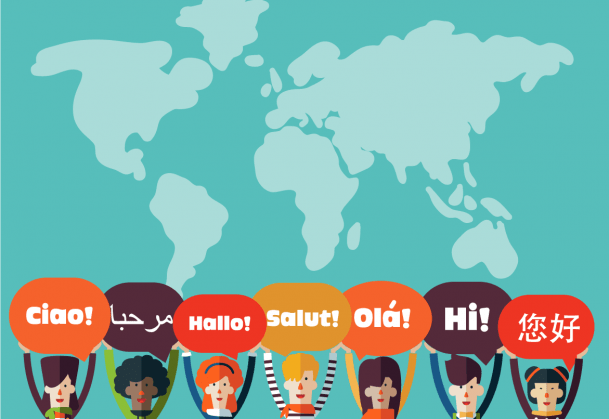When we are born we know relatively little about the language we hear. All we hear is a constant stream of sounds, with no start or end point between words. How do we learn to break up this constant speech stream into words? And once we have done this successfully for our own language, how does this existing knowledge influence learning languages other than our own?
Years of research have shown us that around 8 months of age babies become increasingly aware of speech sounds in their native language, and less aware of those in other languages. This is critical as it helps them focus only on the sounds and patterns of their language. To understand why this is such an important stage of development, consider the phrase “pretty baby.” How does a baby know these are two distinct words? If they hear “pretty flower,” “pretty doll,” and “pretty girl,” their brain will naturally pick up on the pattern that ‘pre’ and ‘tty’ co-occur much more often than ‘tty’ and ‘ba’ or ‘tty’ and ‘do’. This is how we begin to learn word boundaries and pick out words from the constant speech stream that we hear.
So, to become an expert in our native language, our brain must focus on that language and become less attuned to the speech sounds of other languages. But how does being an expert in one language influence your learning of a new language? One study in our lab, along with the research of others, has asked this very question. We tested how native English speakers learned a made-up language using Hebrew speech sounds. We found that it did not matter how similar English speakers felt the new language sounded to English, but that their vocabulary benefitted them. English speakers with a larger vocabulary were more likely to learn the made-up Hebrew language. We then compared these English speakers to native Hebrew speakers and found that the native English speakers performed worse overall when learning the new language. Taken together, our study and past research suggests early experience with language can improve or hinder your ability to learn new languages.
-Julie M. Schneider, Ph.D.
Post-Doctoral Research Fellow in the QLAB
